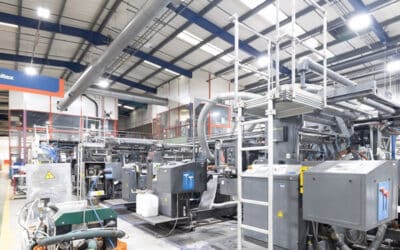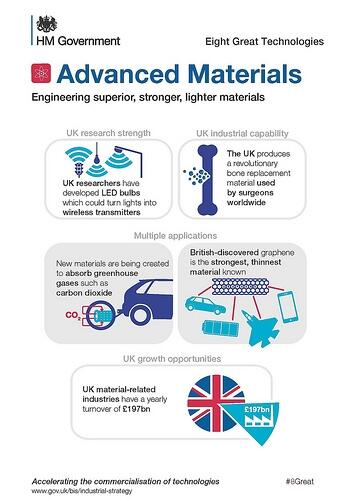
Graphene – the ‘wonder material’ pioneered at the University of Manchester – and Alan Turing’s data work are in line for millions of pounds of investment.
£74m goes towards a cell therapy and manufacturing centre and a graphene innovation centre (over five years) while £42 million will be spent on The Alan Turing Institute for big data over the same period.
Graphene is the thinnest material ever created, consisting of a single layer of carbon atoms and is harder than diamond while still being as flexible as rubber.
The Graphene brain trust will split £74 million of government money over 5 years with a CellTherapy manufacturing centre, which is to work on large-scale manufacturing of cell therapies for late-stage clinical.
Welcoming the announcement, Professor Colin Bailey, Vice-President and Dean of The University of Manchester, said more about the work in the city.
“We are engaging across the UK to commercialise graphene and to utilise the world-class knowledge base here at The University of Manchester. We are developing an infrastructure at the University which links in with the existing catapult centres to ensure efficient commercialisation of graphene to accelerate applications to market. Today’s announcement is welcome support from the Government.”
The Alan Turing Institute, named after the mathematician, logician and cryptographer will research ways of collecting, organising and analysing large sets of data.
Making his announcment today, chancellor George Osborne said: “If Britain isn’t leading the world in science and technology and engineering, then we are condemning our country to fall behind.
“So we will establish new centres for doctoral training, for Cell Therapy and for Graphene – a great British discovery that we should break the habit of a lifetime with and commercially develop in Britain.”









